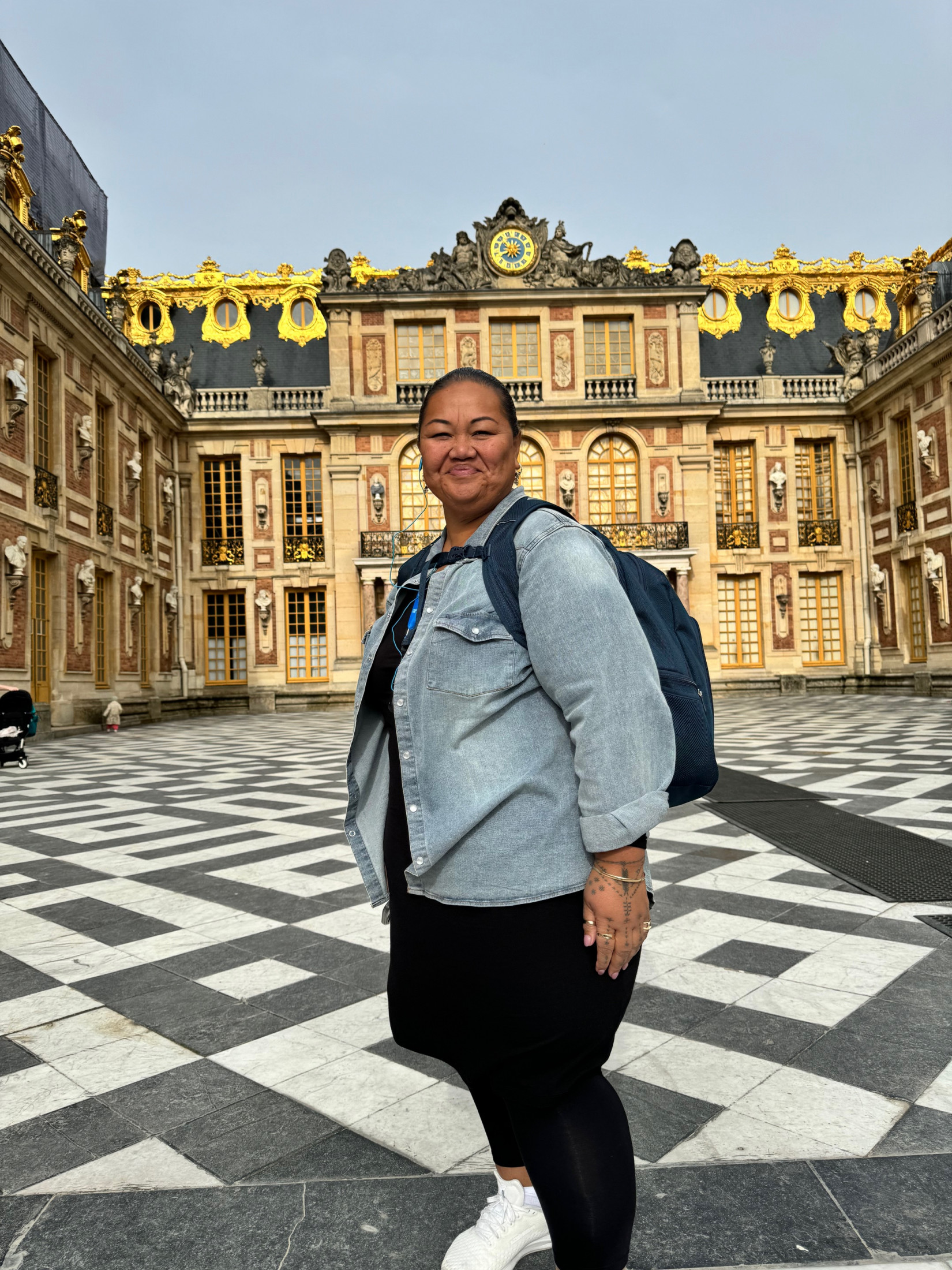
Written by Jacqui Passi
During Easter, I had the opportunity to travel around the United Kingdom for a few weeks. although I had planned meticulously where and what I was going to do, the UK weather had other plans. I didn’t take into account the possibility of rain, cold snaps and the odd floods here and there. Despite this, I absolutely loved my time in the UK.
A few highlights worth mentioning: Getting on the Eurostar to France - Paris was beautiful, the pastries were delicious and plentiful, and the architecture was incredible in the many places we visited. Having taught history, I was in awe of the many places we often speak and talanoa about on that side of the world. The depth of history is often quite overwhelming and to set foot on the whenua from which many of these histories originated was mind blowing.
My time in Glasgow, Edinburgh, Cardiff, Paris, London, Lakeside District and Oxford was amazing, and experiencing the different cultures, cuisines, views, and histories added an extra layer of knowledge and understanding to my life journey.
My time at Oxford University was also very special. I had the honour and privilege to be invited to join a powerhouse of Māori and Pasifika wāhine toa on their kōrero/talanoa at Oxford. Dr Krushil Watene, Dr Marcia Leenen-Young, Dr Sereana Naepi, Dr Iva Ponton and I delivered a talanoa session on Transforming Education: Indigenous practices from the Pacific. Many participants came from all over the world, who had never had the experience or knowledge of Indigenous people of the Pacific. Our way of life, our mātauranga, our gafa/whakapapa, our undeniable connection to the moana and our cultural practices make us unique! These very qualities and knowledge alone stand us apart from others and they are also instrumental in transforming education and uplifting communities.
It was great to see that so many people are interested in Indigenous cultures, however, what was alarming was that many have not set foot on the whenua of the people they study. This was ethically and morally conflicting for me as there was very little effort being made by some people to connect with the people they were studying. Also, the apparent lack of respect for the people, as their whenua, their knowledge and histories continue to be exploited even to this day. The challenge to those that came to our talanoa was, “to give back to the hand that ultimately feeds them.” They are making a good living by studying Indigenous communities, so rather than taking from them, look at our Pasifika values of reciprocity, alofa, respect, and give back!
Regardless of how some of us felt about certain workshops, we left feeling even more inspired to protect, provide space and opportunities for our people to tell their stories, and learn our leo/gagana/reo, as it’s who we are as a people and as a collective. It’s in our DNA and teaching Pacific Studies provides us with the platform to explore more about our heritage, language, and our interconnectedness. We rely on our knowledge to make transformative changes for our environment, and people and for safeguarding the many generations to come. The connections, the relationships and mutual understandings we share are critical in building foundations with any community - and this was amiss in my experience in the UK. Much of the feedback about our talanoa was overwhelmingly positive, and people were inspired to learn more about our cultural practices and our histories. Reclaiming our culture, our reo and history is transformative!
Overall, I made some wonderful memories, met some amazing people along the way, got to enjoy haggis and black pudding for breakfast, walked an average of 20,000 steps a day, and loved the pub culture of the UK. However, I don’t miss living out of my suitcase for weeks, and I don’t miss the queues lining up for the museums and galleries! I almost mastered the good ol' selfie, and I think I would give myself a high merit!
All this would not have been possible without the support of our kura and our BOT for the staff scholarship. This scholarship further supported my teaching journey and made it possible for me to travel to Oxford to learn and be able to share some of my experiences with people from all over the world.
Fa’afetai tele lava mo le avanoa.
La manuia


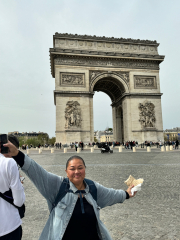
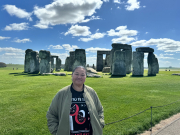
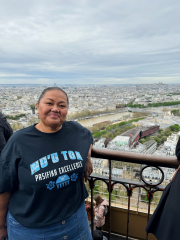
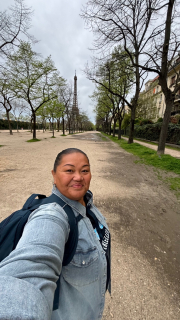
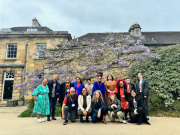
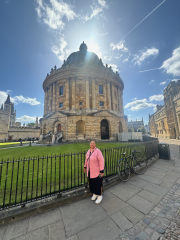
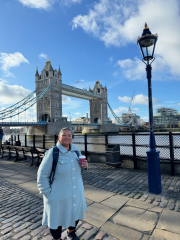
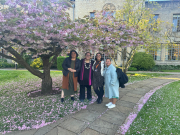
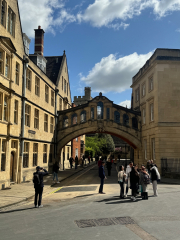
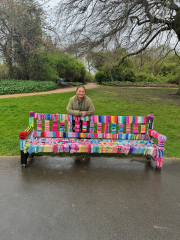

 42 Rathgar Rd
42 Rathgar Rd